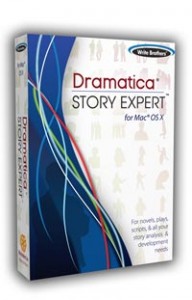From 1-16-97 - a preliminary note from me to Chris and Steve about using Mental Relativity concepts to create a new intelligent search engine algorithm. This was later followed by a more extensive and detailed description of the actual agortihm. If I ever find a copy of that document, I'll include it also.
Here's the short memo:
On another note, since I've been working on the Mental Relativity stuff so much lately, the old idea of a software version of a thinking machine as a proof of concept came to mind. I was thinking about it early this morning, when I recalled an article I recently read about engines designed to assist users to locate information of use to them on the internet. Also, I had just read how Microsoft Internet Explore browser 4.0 will actually replace the desktop on Windows 95 and become the new operating environment, based entirely on HTML links (they even showed some screen shots!)
As you probably have heard, Microsoft Office 97 has updated the bundled programs including Word, Excel, and Power Point to be fully functional with HTML and links. In fact, Word 97 will save anything to HTML using the OLE format for embedding, and recognizes URLs in the text and turns them into hot links automatically, right in the Word document!
Well, it all came together in my mind this morning, and I sat down and wrote out the design for a database search engine that is self-teaching and self-organizing, and learns as it goes. It can be guided by the user like a boss to an employee, or turned loose to net surprises. In the end, it is both reflective of an individual user's interests, and also a source of new connections to keep things fresh.
It is both denotatively and connotatively oriented, and comes in two varieties: SBOS and TBOS, which might be used separately or in conjunction to provide parallax and alternatives. Best of all, it doesn't require any new technology, but incorporates essential MR concepts that simply have not been used before, likely making it patentable as software.
After working it out, I realized that in implementation it could benefit greatly from such things as your PFM technology, as well as SSI experience with recognition of gramatical units such as slug lines and dialog.
I thought I'd outline this for you should you at some time in the future think the internet market is one you should tap, and if the notion of a context-driven search engine / data organization tool might appeal to you.
I realize this falls outside the realm of our current and proposed contracts, but I thought since it just plopped out, I'd send the idea your way in case you wanted first crack at it.
Let me know what you think.
Melanie
Subscribe to:
Post Comments (Atom)







No comments:
Post a Comment